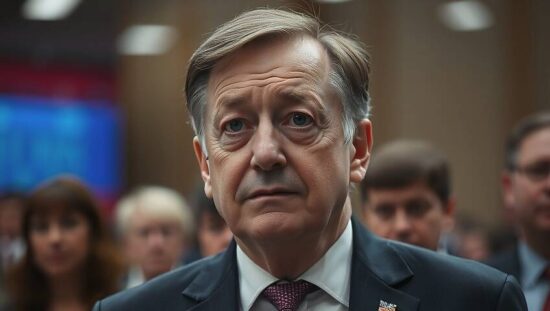The Union has lost ground in the Bundestag, according to a survey by Forsa, after the votes were counted together with the AfD. In the poll for RTL and ntv, it loses two points and now has 28 percent. The Greens (15 percent), the Left (5 percent) and the BSW (4 percent) gain one percentage point each. The values for the SPD (16 percent), the FDP (4 percent) and the AfD (20 percent) remain unchanged.
The Left would be represented in the Bundestag according to the current standings and it gains particularly among young voters. In the age group of 18- to 29-year-olds, the Greens and the Left are nearly equal. If the Left fails to clear the 5 percent hurdle, it could still remain in the Bundestag through three direct mandates. The alliance of Sahra Wagenknecht is currently below five percent and the prospects of securing a seat through direct mandates are low according to previous state election results.
If the voters could directly elect the Chancellor, 22 percent would choose Friedrich Merz (CDU) or Robert Habeck (Greens), according to Forsa. Olaf Scholz (SPD) and Alice Weidel (AfD) would each receive 16 percent of the vote and 24 percent of the respondents would not choose any of the candidates. Habeck still enjoys the strongest support among the Greens (90 percent), while Merz (77 percent) and Scholz (73 percent) find less support within their own ranks.
The seat distribution in the new Bundestag with 630 members requires a majority of at least 316 seats. A coalition of CDU/CSU and AfD would have the largest majority with 360 mandates, but the Union has repeatedly emphasized that it will not cooperate with the AfD. Other possible majorities would be formed by coalitions of CDU/CSU and SPD (330 mandates) or Union and Greens (323 mandates).
The data were collected between January 28 and February 3, 2025, with a base of 2,503 respondents.





